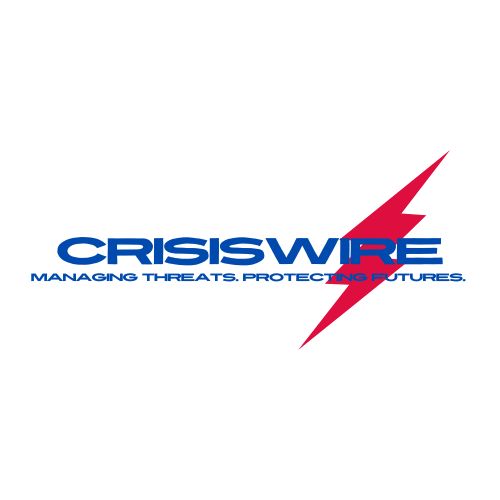Travel Advisory: United Mexican States – Exercise Increased Caution
- CrisisWire

- Oct 8, 2025
- 3 min read
By CrisisWire | October 2025
— The U.S. Department of State has issued an updated Level 2 Travel Advisory for the United Mexican States, urging travelers to exercise increased caution due to terrorism, crime, and kidnapping risks. The advisory—last revised on August 12, 2025—outlines multiple risk zones across Mexico, ranging from areas where “normal precautions” suffice to regions where travel is strictly discouraged.
A Shifting Landscape of Risk
Violence in Mexico remains a serious concern. Homicides, carjackings, and kidnappings continue to affect both residents and foreign visitors, particularly in regions under cartel control. U.S. intelligence assessments suggest terrorist threats, including extremist-linked attacks, may be possible within Mexican borders—an uncommon but rising concern tied to transnational criminal networks.
In certain municipalities, emergency services remain limited or entirely unavailable, especially in rural or remote areas. For that reason, U.S. government employees are restricted from traveling to specific high-risk zones, a policy the advisory recommends all U.S. citizens mirror.
Understanding the Advisory Levels
Mexico’s travel risk designations are divided into four tiers:
Level 1 – Exercise Normal Precautions
Level 2 – Exercise Increased Caution (national advisory level)
*Level 3 – Reconsider Travel
Level 4 – Do Not Travel
Travelers should consult official State Department maps for a breakdown of restricted areas. Key metropolitan centers—including parts of Mexico City and tourist corridors—remain open, but heightened awareness and structured travel plans are essential.
Recommended Safety Practices
If traveling to or within Mexico, the advisory emphasizes several critical safety protocols:
Avoid traveling between cities after dark.
Use only regulated or app-based transportation (Uber, Cabify).
Do not flag taxis on the street.
Avoid traveling alone, particularly in rural or border areas.
Enroll in the Smart Traveler Enrollment Program (STEP) to receive embassy updates.
Review the U.S. Country Security Report for Mexico and obtain comprehensive travel insurance that includes evacuation coverage.
Strategic Implications for Travelers and Businesses
For global companies, humanitarian agencies, and NGOs operating across Mexico, this advisory underscores the need for proactive threat assessment and travel risk management. CrisisWire’s analysts note that terrorism-related disruptions, though relatively rare, are often compounded by organized crime networks, local political instability, and police corruption—a convergence that increases vulnerability for untrained personnel.
“Understanding the terrain, the social climate, and the layered criminal environment is essential,” said one CrisisWire regional analyst. “Travelers and corporate teams must operate with tactical awareness, not just common sense.”
CrisisWire: Managing Threats, Protecting Futures
CrisisWire specializes in threat assessment, travel risk analysis, and crisis response consulting for businesses, schools, and private clients. With expertise built on decades of law enforcement, military, and intelligence experience, CrisisWire provides real-world training and operational planning for individuals traveling through high-risk zones.
For Hawai‘i-based travelers, CrisisWire offers localized threat assessment consulting—connecting global intelligence with Pacific Rim travel realities.
Further Reading & Resources
CrisisWire Recommended Reading
Explore related investigations and exposés:





Comments